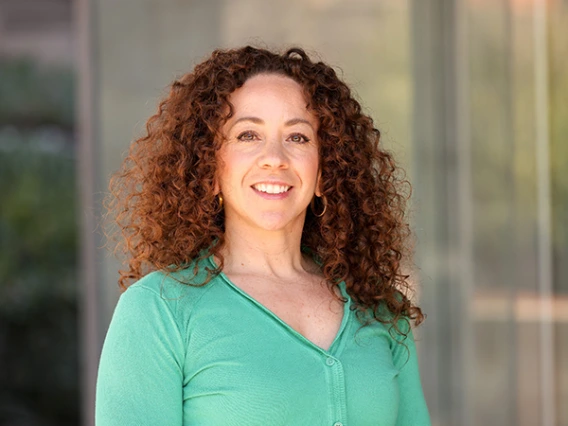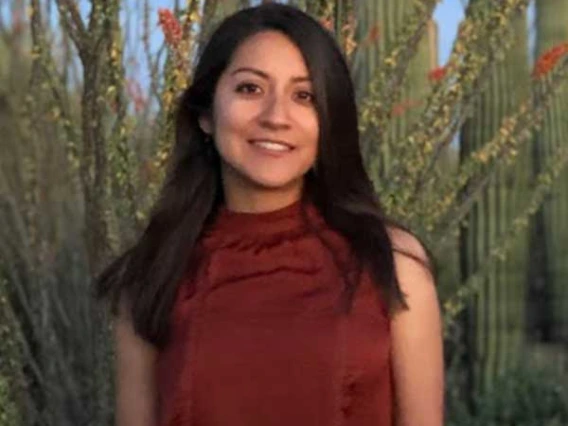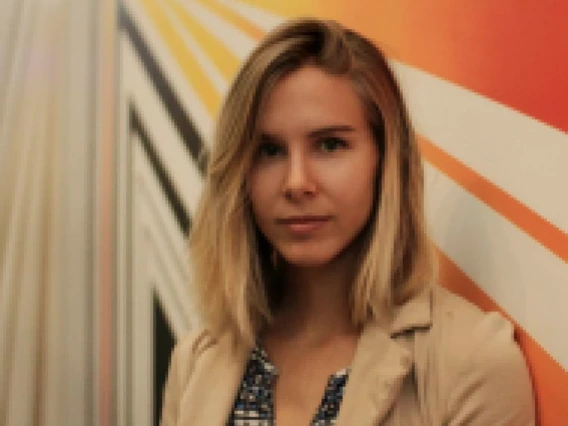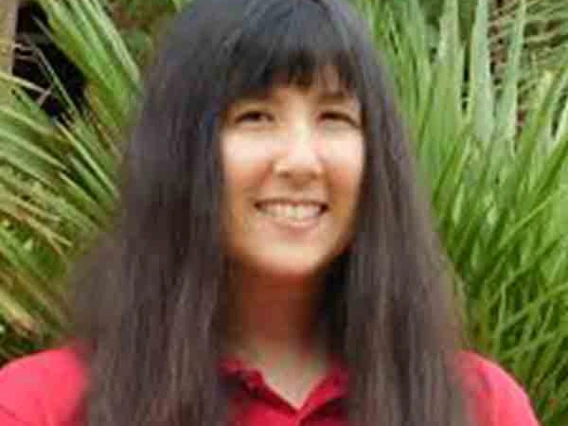What is HOWL?
The Health Opportunity Wellness Landscape (HOWL) is an environmental health mapping tool that can be used by community members, policymakers, and researchers to visualize environmental health resiliencies and vulnerabilities in AZ communities to combat health disparities across the state.
Environmental contamination is a fundamental determinant of health and well-being.
When the environment is compromised, vulnerabilities are generated. Current and emerging political, social, economic, and environmental contexts influence the environmental health challenges present in a community.
Public health surveillance efforts conducted by local, state, and federal agencies are often disparate and not site-specific. Citizen/community science (CS) monitoring efforts provide valuable site-specific data and should be incorporated along with government datasets for a holistic assessment of environmental exposure. Data management is one of the biggest challenges when working with multiple datasets. Increasing the communication, exchange, and use of CS data among different technology systems, or its interoperability, will facilitate the use of locally generated data to find solutions and ask new questions to work towards environmental justice.
HOWL seeks to better address environmental health challenges and build resiliency in Arizona communities.
HOWL seeks to increase societal resilience in Arizona by working with community members to identify the strengths and needs of the area they live and work. The project aims to understand how resiliency and vulnerability are experienced in local AZ communities, and what factors contribute to them.
- Resiliency: The ability of Arizona communities to re-organize, change, and learn in response to a threat.
- Community Resiliency: Ability of an Arizona community to bounce back from a negative situation(s). Identifying the strengths in your community can help guide efforts to leverage these strengths, making a safer and healthier place to live for all, and in turn increase community resilience.
- Vulnerability: the degree to which people and places can be harmed. Attributes, or traits, that contribute to areas of need in a community.
Based on the definitions above, HOWL aims to understand:
- whether there are existing social services and structures that can positively respond and combat environmental health challenges compromising human health,
- how to successfully mobilize these strengths and resiliencies or identify the areas that need further investment to increase in resiliency, and
- how to organize, access, and visualize community environmental, social and political strengths and weaknesses to maximize research findings across disciplines to create change.
Project Activities
For over 10 years, we have been partnering with academia, industry, government, non-government organizations in addressing questions raised by the community. Through the Gardenroots and Project Harvest CS projects, datasets have been co-generated to support communities in safely and sustainably producing their own food.
We are now asking partners to complete all or just some of the activities below:
- An online survey to capture their views regarding community strengths and weaknesses as well as what type of data visualizations is preferred to inform decision-making
- An interview where a trained researcher will ask questions about what they perceive to be your communities (or the community they work with) environmental, social and political strengths and weaknesses.
- Participate in a workshop where trained researchers will ask for their feedback on different versions of an online visual interface and mapping tool that shows government and community identified structures that can positively respond and combat environmental health insults.
To participate in this project, you will consent to be a research participant and begin by taking our online survey.
Take the English or Spanish version of the survey by using the links below:
Meet The Team

Dr. Mónica Ramírez-Andreotta
Principal Investigator

Alma Anides-Morales
Environmental Scientist

Dorsey Kaufmann
Multimedia Specialist

Kate Isaacs
Computer Scientist
Project Timeline & Funding
Grant title: “Research to Data Science Action: Integrating and Visualizing Environmental Health Vulnerabilities and Resiliencies to Combat Health Disparities”
This research is supported by the National Institute of Environmental Health Sciences, NIH through an administrative supplement to the University of Arizona Superfund Research Center grant P42 ES004940 and by the University of Arizona TRIF (Technology and Research Initiative Fund) Center for Environmentally Sustainable Mining.
Further reading:
Ramírez-Andreotta MD, Walls R, Youens-Clark K, Blumberg K, Isaacs KE, Kaufmann D, Maier RM. 2021. Alleviating Environmental Health Disparities through Community Science and Data Integration. Frontiers in Sustainable Food Systems. DOI: 10.3389/fsufs.2021.620470.

